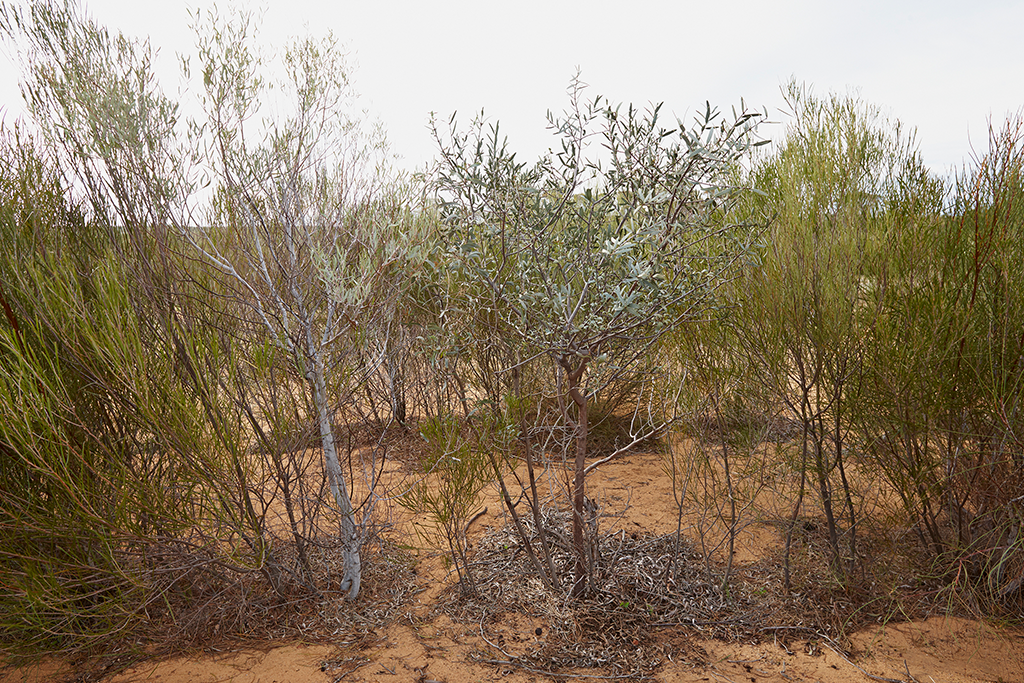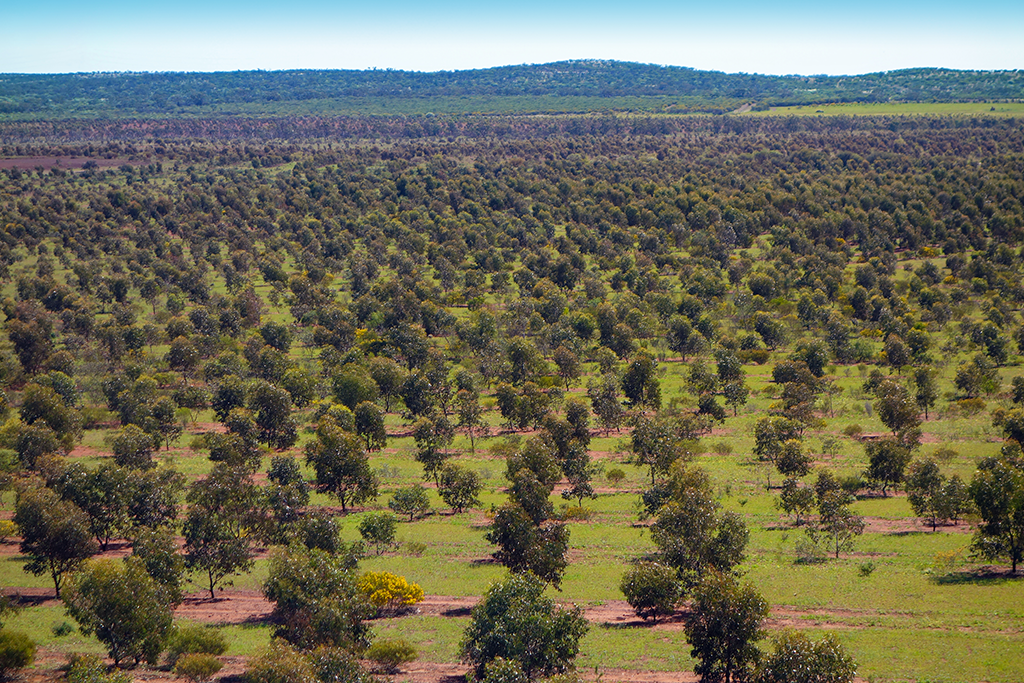
Reforestation by Environmental or Mallee Planting (REMP)
Reforestation by Environmental or Mallee Planting (REMP)
Reforestation is the process of planting trees to restore or establish forests in areas where they have been depleted. Environmental or Mallee planting specifically focuses on planting Mallee trees, a group of small to medium-sized eucalyptus species native to Australia. This practice helps restore biodiversity, improve soil health, provide habitat for wildlife, and contribute to carbon sequestration. Reforestation, including Mallee planting, is crucial for ecosystem restoration and conservation efforts. This can involve restoring wetlands, woodlands, or other ecosystems to their natural conditions.

Plantation Forestry
Plantation Forestry
Planting trees on deforested or degraded lands to restore forest cover and ecosystem functionality. This can involve selecting appropriate tree species, preparing the land, and planting seedlings.

Human Induced Regeneration (HIR)
Human Induced Regeneration (HIR)
Human-induced regeneration involves the implementation of management activities to facilitate the natural regeneration and re-growth of ecosystems that have been degraded through past activities such as over-grazing or clearing. They are typically, but not exclusively, undertaken in the nation’s rangelands and pastoral regions. This natural regrowth of forests is commonly enabled by the removal of barriers to regeneration such as controlling invasive species, protecting young saplings from grazing animals, and implementing measures to enhance seed dispersal and germination.

Soil Carbon
Soil Carbon
Soil carbon refers to the organic carbon content present in soil. It is a critical component of the global carbon cycle and plays a significant role in climate change mitigation and soil health.
Soil carbon exists in various forms, including Soil organic matter (SOM), Soil microbial biomass and Humus. Soil carbon has several important roles and benefits including soil fertility and productivity, water regulation and erosion control. Managing and increasing soil carbon is a key focus in sustainable land management practices. Carbon Neutral’s soil carbon projects follow recognised methodologies to ensure the credibility and integrity of carbon sequestration claims and therefore contribute effectively to climate change mitigation efforts.

Integrated Farming
Integrated Farming
This methodology involves the introduction of trees within agricultural landscapes to provide multiple benefits, such as improving soil health, enhancing biodiversity, offering shade or windbreaks and the integration of livestock grazing for the best possible outcomes for all stakeholders and the environment.
